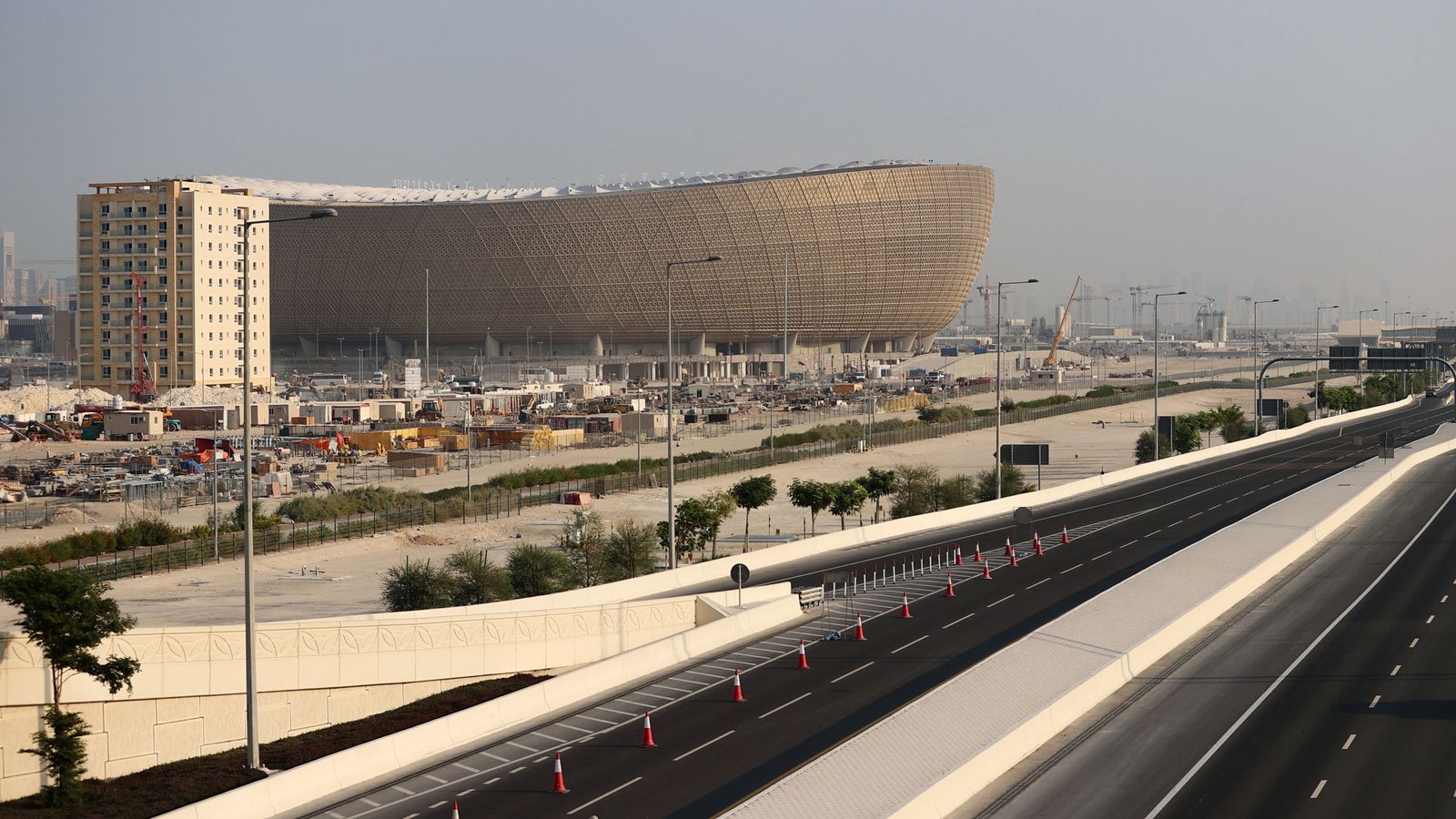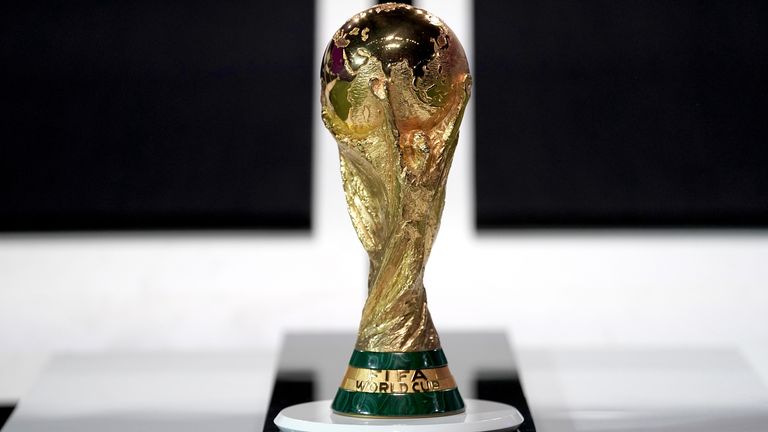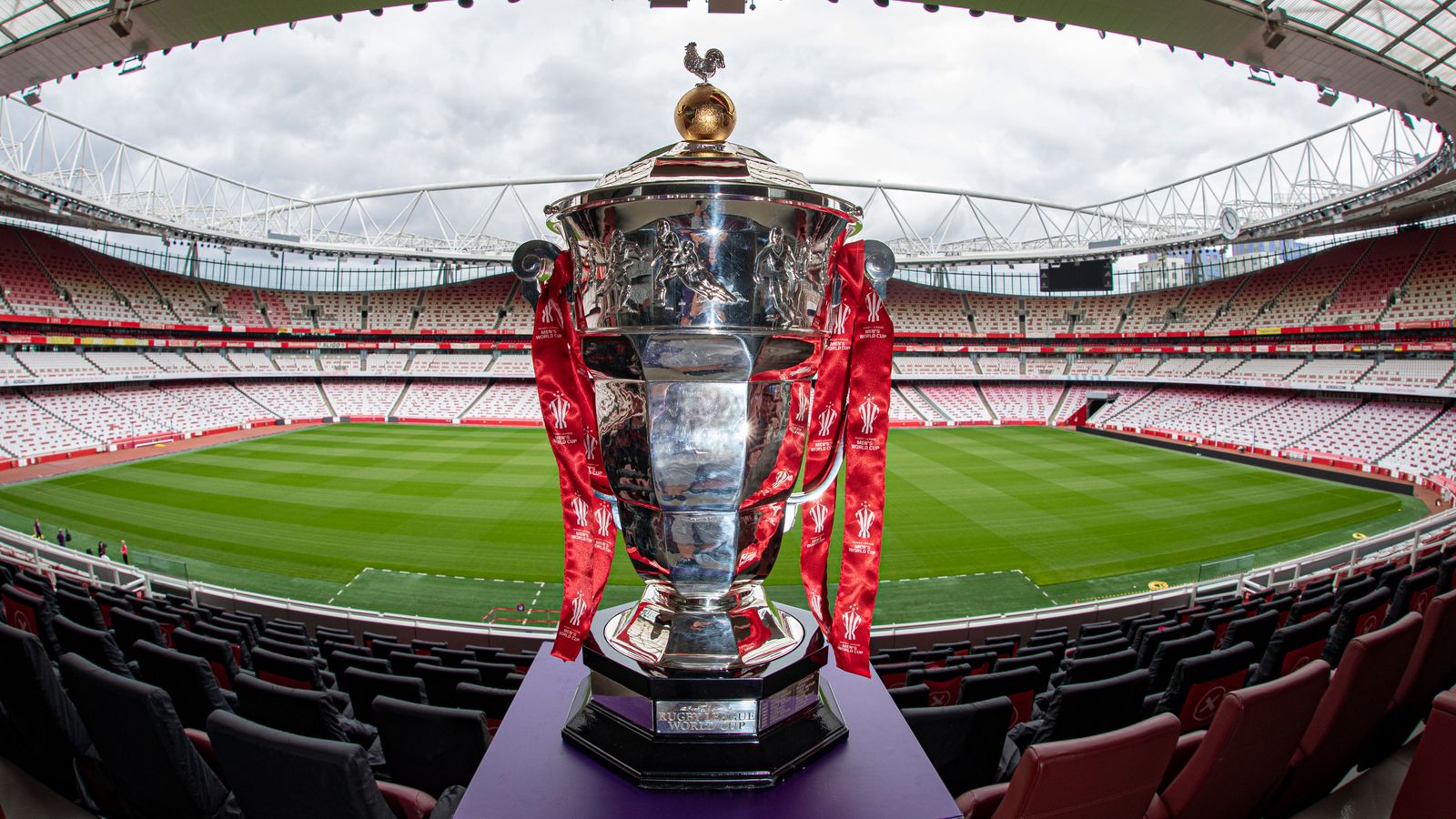Security guards at World Cup subjected to forced labour, says Amnesty International | Football News
Security guards in Qatar are working in conditions which amount to forced labour, including on projects linked to the 2022 FIFA World Cup, says Amnesty International.
In a new 73-page report – They Think That We’re Machines – published on Thursday, Amnesty documented the experiences of 34 current or former employees of eight private security companies in Qatar.
The key findings of the report were:
- Security guards in Qatar are working in conditions which amount to forced labour, including on projects linked to the 2022 FIFA World Cup, says Amnesty International.
- Amnesty also documented discrimination on the basis of race, national origin and language.
- Fifteen of the guards Amnesty interviewed were routinely deployed outside in intense heat, including during summer months when outdoor working is supposed to be restricted, and in some cases with no shelter or drinking water.
- Key legal reforms to tackle labour issues are not being effectively implemented.
The 34 workers were employed by eight different private companies which provided services for sites including government ministries and football stadiums, as well as other infrastructure projects essential for the 2022 World Cup, such as hotels, transport systems and sports facilities. At least three of the companies provided security for recent FIFA tournaments, including the Club World Cup and the FIFA Arab Cup.
Qatari law and regulations restrict weekly working hours to a 60-hour maximum, including overtime, with workers entitled to one full, paid rest day each week. This reflects international law and standards – rest is a fundamental human right. Despite this, 29 of the 34 security guards who spoke to Amnesty said they regularly worked 12 hours a day, and 28 said they were routinely denied a day off, meaning many worked 84 hours per week, for weeks on end.
Amnesty’s report also found four of the companies in the report are still not paying overtime at the rate required by law, meaning they are in some cases cheating guards out of eight days’ pay each month.
Amnesty’s in-depth interviews with the 34 current or former security guards, supervisors and safety officers between April 2021 and February 2022, builds on earlier 2017-18 interviews with 25 guards from a security company. The consistency of their accounts across multiple companies indicates these abuses are systemic. In all, tens of thousands of migrant workers are employed in the private security sector in Qatar – a significant workforce often experiencing considerable work pressure, and in some cases suffering very serious abuse.
Amnesty International’s head of economic and social justice Stephen Cockburn said: “Employers are still exploiting their workers in plain sight, and the Qatari authorities must take urgent measures to protect workers and hold abusers accountable.
“Many of the security guards we spoke to knew their employers were breaking the law but felt powerless to challenge them.
“Physically and emotionally exhausted, workers kept reporting for duty under threat of financial penalties – or worse, contract termination or deportation.
“Despite the progress Qatar has made in recent years, our research suggests that abuses in the private security sector – which will be increasingly in demand during the World Cup – remain systematic and structural.
“With the World Cup just months away, FIFA must focus on doing more to prevent abuses in the inherently perilous private security sector, or see the tournament further marred by abuse. More broadly, FIFA must also use its leverage to pressure Qatar to better implement its reforms and enforce its laws. Time is fast running out – if better practices are not established now, abuses will continue long after fans have gone home.”
Sky Sports News has contacted FIFA for a response.
Meanwhile, FIFA did not provide a response to Amnesty International’s allegations, instead referring Amnesty International to an earlier letter from them and communications from the Supreme Committee.





